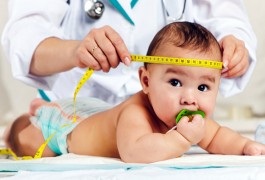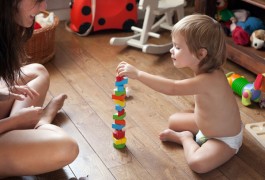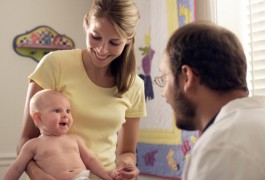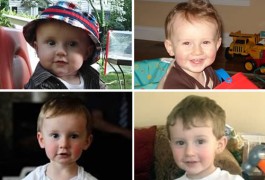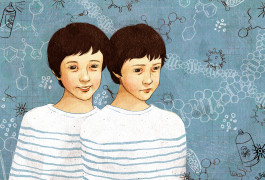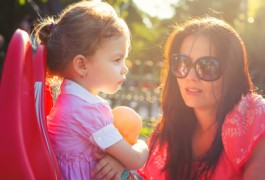Word grasp at 12 months may reflect autism symptoms
Children later diagnosed with autism understand different types of words at 12 months of age than their typically developing peers, according to unpublished research presented Tuesday at the Autism Consortium Research Symposium in Boston.

